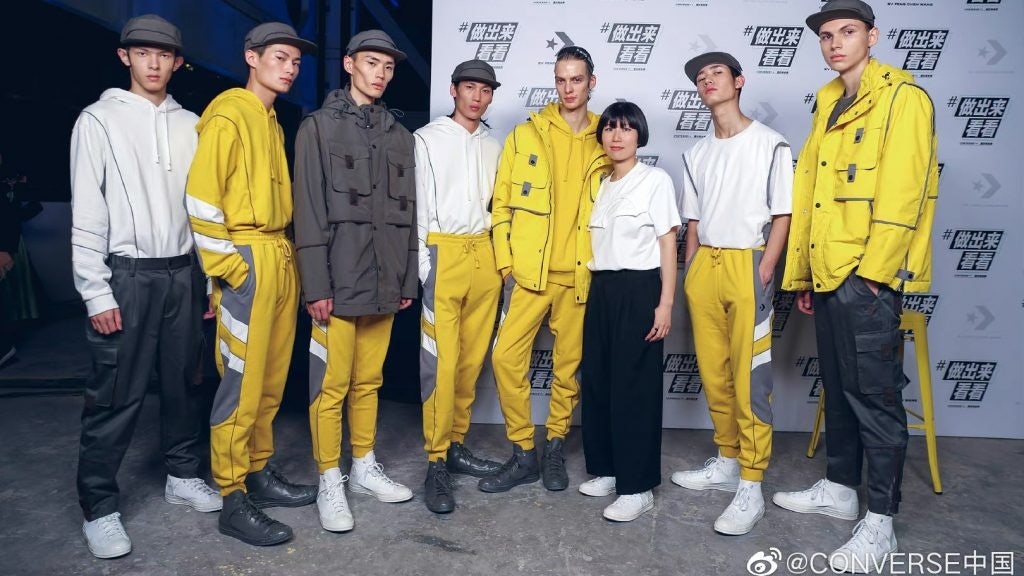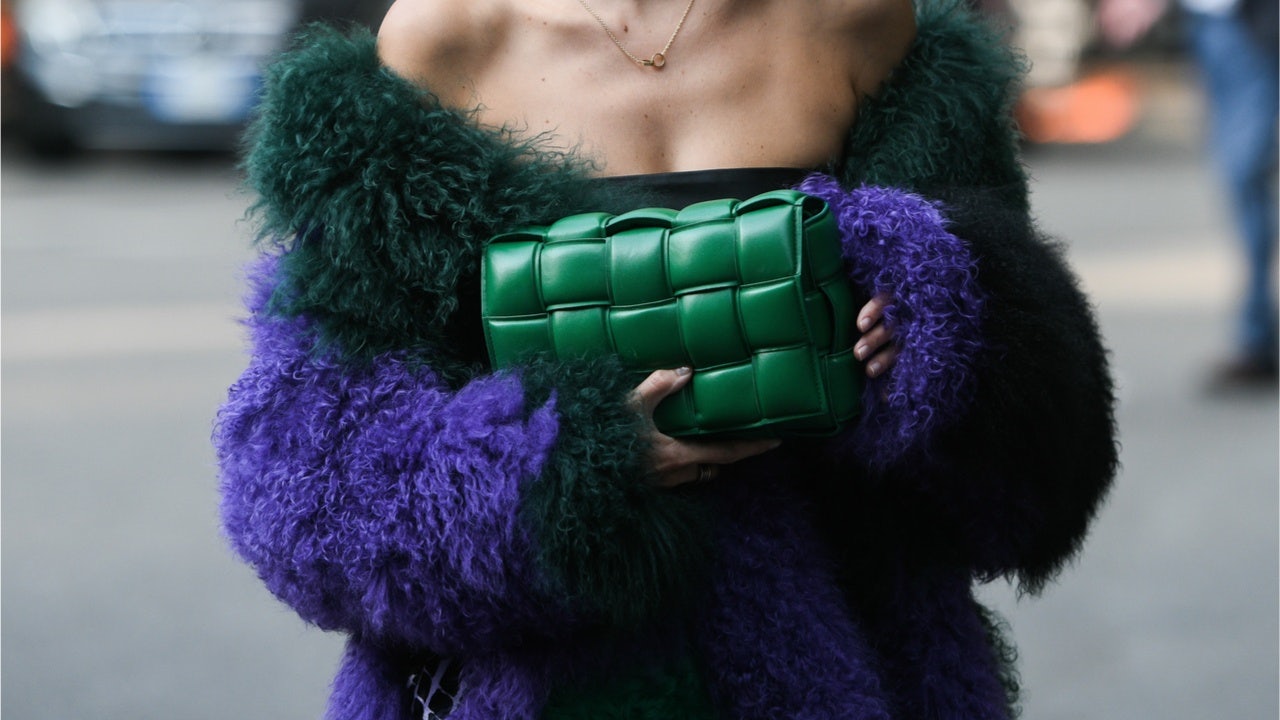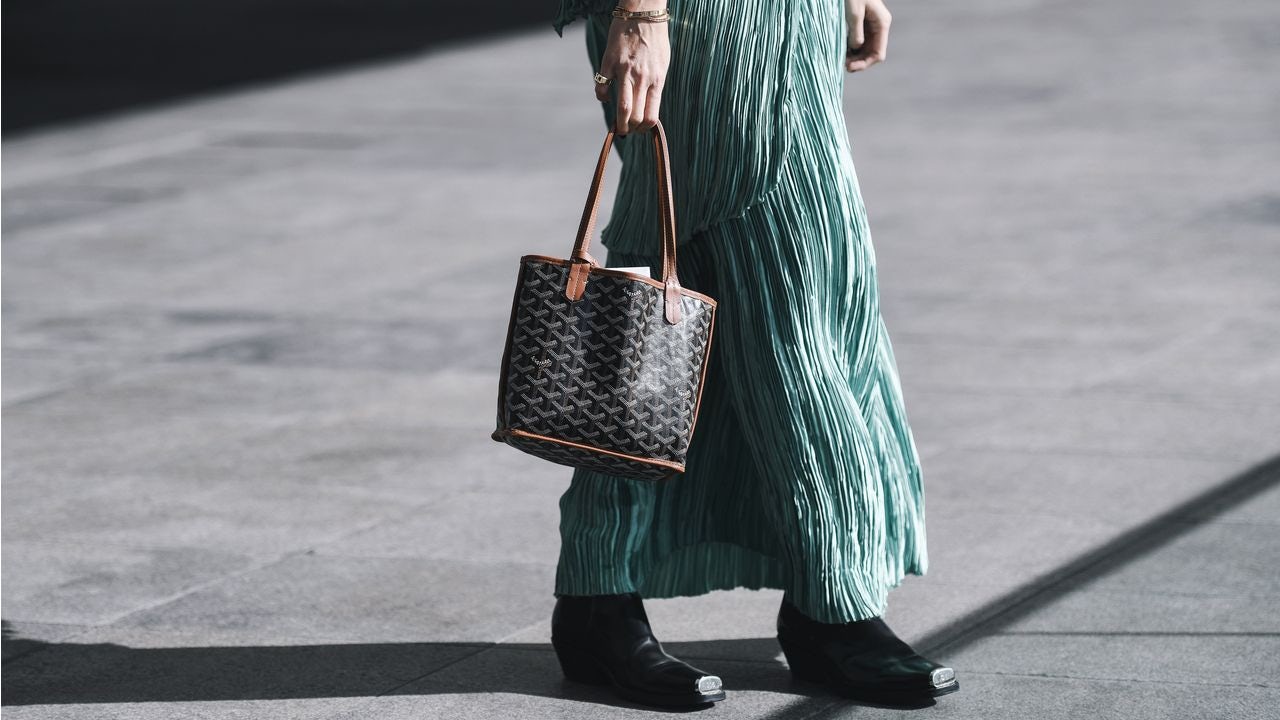China’s “common prosperity” push has forced luxury brands to adapt to a “new normal.” But some experts and executives argue it is too early to worry about President Xi Jinping’s vision. Take, for example, L’Oréal’s newly appointed CEO, Nicolas Hieronimus, who said: “The projections in terms of the middle and upper-middle classes are quite spectacular” while mentioning that there will be an additional 300 million middle and upper-middle-class consumers by 2030. As for the “common prosperity” policy, Hieronimus said: “There is no reason to worry about China’s measures… I think the Chinese authorities' desire to share the wealth to increase the size of the middle class is something we should take advantage of.”
According to Mirror of Beauty, Pola Orbis Holdings Inc. sides with Hieronimus, and the group said they plan to observe the effect of the policy on overall consumption. “We do not have a negative view of the future potential of the Chinese market," a company spokesperson said. "This remains a promising market in the medium- and long- term.”
In the opinion of Joerg Wuttke, president of the EU Chamber of Commerce in China, the “common prosperity” push could benefit businesses targeting the Chinese middle-income group. Nevertheless, Wuttke told BBC that some luxury players might face challenges.
“Chinese spending accounts for about 50 percent of luxury consumption globally — and if China's rich decide to buy less Swiss watches, Italian ties, and European luxury cars, then this industry will take a hit,” Wuttke said.
So how should luxury brands respond to this bewildering and unfamiliar market landscape?
Collaborate with domestic designers#
Some Chinese labels, like Li-Ning and Anta Sports, have achieved unprecedented success by becoming symbols of patriotism. But they are hardly the only relevant Chinese brands. In fact, over the past decade, the popularity of homegrown brands has increased significantly. In 2019, South China Morning Post reported that during Alibaba’s 618 shopping event, around 60 percent of brands that achieved 100 million RMB (14.5 million) in sales were domestic labels.
Designer collaborations similar to those between Li-Ning and Stefano Pilati, Feng Chen Wang and Converse, and Angel Chen and adidas can develop authentic, personal, and valuable connections between global brands and their Chinese fanbase, as well as patriotic consumers. In this context, luxury brands should embrace Beijing’s “common prosperity” by supporting local designers and change-makers while actively helping to construct local fashion scenes.

Embrace discreet labeling and “quiet” luxury#
In these turbulent times, Chinese elites will embrace inconspicuous consumption. Accordingly, luxury brands will disavow visible logos while emphasizing elusive status symbols and discreet wealth. The phrase "quiet" luxury emerged after the 2012 corruption crackdown, so China has a precedent for this trend. Bloomberg reports that labels “with more discreet designs, such as Prada SpA, Kering SA’s Saint Laurent, and Bottega Veneta look well placed” in this new context. Meanwhile, maximalist designers like Alessandro Michele have revamped their collections already to fit in with these cultural patterns.
Capturing the hearts of the middle-class consumers#
China's “common prosperity” policy was devised to expand the country's growing middle-income group and close the wealth gap. This boost to China's aspirational class will continue to democratize luxury and fuel growth in new segments.
As such, savvy luxury labels will capitalize on the trend and create lower-priced goods. Entry-level luxury accessories (key chains, wallets, small accessories, and cosmetics) will attract this budget-conscious audience, who wants a refined luxury experience but not a hefty price tag.
Heavily invest in digital sales channels and broaden online offerings#
This one is a no-brainer because, like it or not, digital will rule supreme in this new chaotic landscape. Elites and upper classes will want to conceal their wealth, preferring to keep their future luxury purchases quiet. Hiding out in mansions and shopping online will help them in that regard.
Therefore, luxury brands should develop special customer perks for the uber-rich, such as discreet shipping and hush-hush payment services. For instance, JD.com could replace the services offered during the JD Luxury Express. Instead of specially-trained employees dressed in elegant uniforms, the commerce giant could offer anonymity through standard packaging.
Prioritizing corporate social responsibility (CSR) programs#
An important outcome of the “common prosperity” drive is that China’s top billionaires and corporations have pledged to increase their philanthropic efforts.
APCO Worldwide highlights how Alibaba announced a 100-billion RMB (5.6-million) commitment to the Ten Initiatives to Promote Common Prosperity fund. Meanwhile, Alibaba’s rival, Pinduoduo Inc., launched a 10-billion RMB initiative supporting agricultural modernization and rural vitalization initiatives. Chinese billionaires had donated the staggering sum of 5 billion by August 2021, exceeding 20 percent of total national giving in 2020.
Luxury brands that want to maintain momentum in China will have to reexamine their CSR programs and embrace charitable giving initiatives. The most generous donors will attract more market opportunities and respect from China’s elites.

